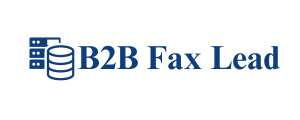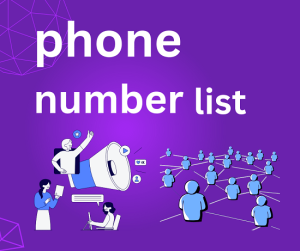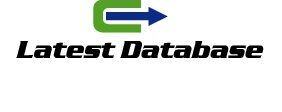Identifying the ideal B2B sales leads is not a walk in the park. It requires careful planning and a strategic approach to targeting. If you’ve engaged with B2B lead generation strategies, you understand that pinpointing where to discover quality leads is quite complex. Success in B2B sales hinges on having a structured process, utilizing effective tools, and deeply understanding your target market.
When it comes to B2B sales strategy, it’s not just savvy buyers and cutthroat competition you have to deal with — there is also an ocean of misinformation out there. This includes things like:
👉 There are mixed reviews on how to generate B2B sales leads more effectively.
👉 Bloated corporate case studies for Fortune 500 companies who could double their product sales by tweeting a picture of their lunch.
The formula isn′t rocket science — the more leads you bring in, the more sales that will come through. Expanding your lead pipeline is critical if you want to enable broader growth. Are you ready to start looking for just the right formula for your B2B sales strategy? Before we go on, let us build a solid path to success. This guide will walk you through all of the basics that will get you on your way to effective lead generation so you know exactly how to build a B2B sales strategy that works.
What is Business lead generation?
Lead generation through phone number list or phone data generation, deals specifically with the dissemination of business contact information to companies. B-2-b activities are the most basic steps of normal advertising, advertising channels, or deals process.
Phone data is defined as the name, company name, email, and position of the person intended to be targeted later with customized messages or phone calls.
However, the area of phone data is much more specialized since they don’t deal with b2c directly meaning selling goods to consumers. Businesses and consumers have different methods of uncovering data which is why those phone data customers need to forget phone data targeting strategies to be effective in their goal.
Who needs a Business sales strategy?
Whatever you’re selling to other b2b, you’ll need a Business sales strategy. This includes:
Manufacturers: Businesses that sell products to other companies, such as machinery or raw materials, require a precise strategy to ascertain and approach potential customers.
Software Firms the impact of translation in international or platforms that will enhance how other organizations operate must take a strategic approach to prove value and internally drive adoption. Consulting firms: When advising and servicing your clients convey how exactly you are going to respond to their needs and distinguish yourself in the market.
Wholesalers and distributors: B2B that sell to retailers or other businesses need to strategize about how they are building relationships with representatives and optimize their sales model to make upfront costs of buying less cumbersome. Service providers: If you run a service-based business like marketing, logistics, or IT support, identify and communicate your value proposition with a strategy that outlines who bears the pain.
Why do you need a Business sales strategy?
A Business sales strategy is essential for several reasons:
More targeting: It encourages companies to recognize and target particular customer segments that merit their sales efforts.
Enhanced customer insight: Through a clear strategy, sales teams will better understand the needs of cn leads and their customers (as well as any pain points or decision-making processes), leading to more effective and personalized communication.
Consistency: A well-defined sales strategy helps all team members to be on the same page and follow similar processes, allowing for consistent messaging and better collaboration.


